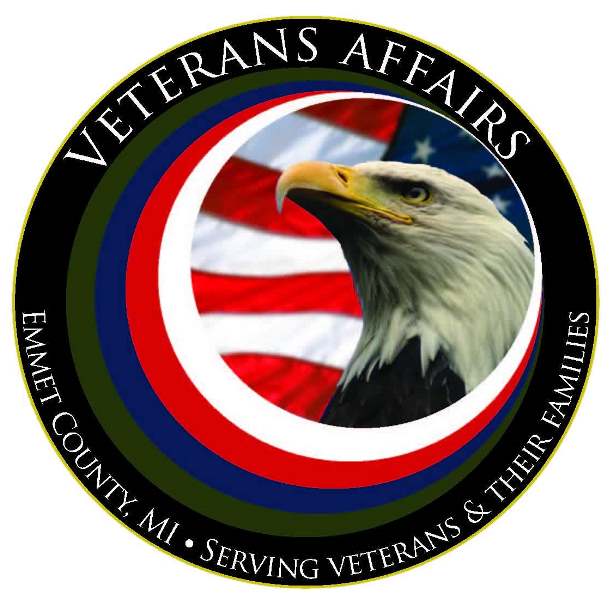
Army to review soldier misconduct charges:
The U.S. Army will conduct an investigation in response to allegations that 22,000 soldiers diagnosed with mental health problems were discharged for misconduct. The investigation comes in response to a group of 12 senators who called for the military to investigate the allegations.
As a result of their discharges, the soldiers do not receive retirement, health care, and other benefits; these actions might discourage others from seeking mental health care, wrote the lawmakers in a Nov. 4, 2015, letter.
“We strive to have a process that is fair, objective and deliberate, and that ensures due process and the maintenance of good order and discipline within the ranks,” responded Eric K. Fanning, the acting Army secretary, in a Nov. 30 letter to Sen. Chris Murphy of Connecticut. “The decision to separate a soldier from the Army for any reason is not an easy one, which is why we require a thorough review of the facts in each and every case.”
Nevertheless, if you believe your type of discharge is wrong and wish to appeal it, contact our office at (231) 348-1780 and we can assist you.
Vets who accept separation pay can’t receive VA compensation
Under federal law, until veterans pay back their involuntary separation pay, they can have their VA disability compensation withheld.
In the last five years, the VA has withheld more than $401 million in disability compensation from 24,988 veterans, with $261 million scheduled to be withheld from future benefits, according to Meagan Lutz, a spokesperson for the VA. The department’s public affairs office provided Task & Purpose with statistics breaking down these figures. The reason for this is due to 10 USC 1174, a federal law precluding duplication of benefits. The law requires that the VA recoup military separation benefits paid by the Department of Defense in cases where a veteran is subsequently awarded VA compensation, explained Terry Jemison, another spokesperson for the VA.
Veterans should be aware that VA disability benefits can be withheld if a veteran receives readjustment pay, non-disability severance pay, separation pay, reservist involuntary separation pay, special separation benefits, voluntary separation pay, or disability severance pay.
The VA is required to withhold some or all of a veteran’s monthly compensation until this recoupment is complete. The process can take years, and for some veterans, their benefits are still being withheld long after they’ve spent their separation pay.
Another VA failure: Burn pit research halted
Recently the VA dropped research on burn pits that were widely used in Iraq and Afghanistan. So what’s the big deal? It’s been reported that negative health effects from burn pit smoke can be profound. Toxins in burn pit smoke may affect the skin, eyes, respiratory and cardiovascular systems,
gastrointestinal tract and internal organs. Veterans who were closer to burn pit smoke or exposed for longer periods may be at greater risk. Health effects depend on a number of other factors, such as the kind of waste being burned and wind direction.
Most of the irritation is temporary and resolves once the exposure is gone. This includes eye irritation and burning, coughing and throat irritation, breathing difficulties, and skin itching and rashes. The high level of fine dust and pollution common in Iraq and Afghanistan may pose a greater danger for respiratory illnesses than exposure to burn pits, according to a 2011 Institute of Medicine report.
Waste products known to be burned in burn pits include, but are not limited to: chemicals, paint, medical and human waste, metal/aluminum cans, munitions and other unexploded ordnance, petroleum and lubricant products, plastics, rubber, wood, and discarded food.
Some call this the “Agent Orange” of this war. It’s just another example of our government sending our troops into harm’s way, exposing them to unknown hazards and then failing to support them when they return home and find out that they have a variety of ailments.
Although burn pits have adverse health and environmental effects, the military still uses them to dispose of waste.
Since operations began in the Middle East in 2001, the U.S. military has used hundreds of open-air pits to burn solid refuse, often exposing soldiers and locals to toxic fumes. With mounting health concerns, the Defense Department set limits on the usage of these burn pits in 2009. However, in 2010, the Government Accountability Office found that the department had violated its own protocol for safe burn pit practices, noting that some pits had been used to burn anything from toxin-emitting batteries to plastics. Still, when U.S. troops returned to Iraq in 2014, burn pits made a resurgence, Stars and Stripes reported recently.
On Jan. 21, 2016, a federal court in Greenbelt, Maryland, will examine a lawsuit regarding allegations that exposure to burn pits in Iraq and Afghanistan caused serious if not deadly respiratory illness among troops. The case may include more than 53 former and current bases in Iraq. Despite lawsuits, the Defense Department removed burn pit exposure from its Congress-mandated 2016 list of peer-reviewed medical research programs.
This is a shame. If you were exposed to these burn pits, you should contact our office and let us help you with a possible claim.
Do you know a servicemember overseas?
Our office gratefully has several volunteers who enjoy sending letters and other items from home to our servicemen and women stationed overseas. If you know of a servicemember, please contact our office and let us know so we can add them to our list for special mailings from home.
Click here to access past columns
Jim Alton is the Director of the Veterans Affairs Department within Emmet County. Alton served in the United States Marine Corps (1955-62) and is retired from the Michigan State Police. Reach him or his assistant, Rick Wiertalla, at (231) 348-1780 or [email protected]




